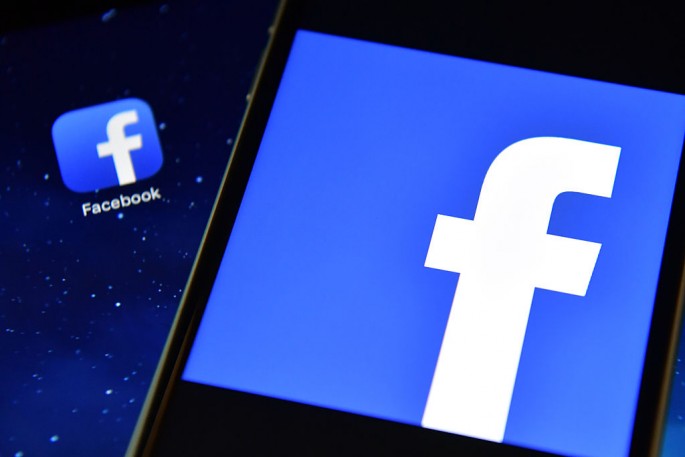With the advent of technology and social media, Facebook interaction and use seemed to be normal. However, not known to everyone, regular Facebook use could have significant impact on one's mental health as studies revealed.
The global launching and expansion of Facebook had a huge impact to an individual's daily activities and usual schedule. On average, a regular Facebook user spends at least more than 20 minutes on the said social media platform. However, more than the fun and interaction, regular Facebook use hinged on the concept of surveillance may actually lead to decreased emotional well-being and satisfaction with life.
The more an individual immerses himself into Facebook, the more likely their behaviour and outlook in life will be altered. With the constant use of the specific social media platform and the likes, social comparisons will inevitably come to fore, paving way for the so-called Facebook Envy to arise. When people become Facebook envious, it is not unusual for them to experience negative feelings and increased depressive symptoms, according to Psych Central.
To somehow remedy the situation and decrease the moments of depression, it would be wise for an Facebook user to first admit the mental changes that he or she is experiencing. Admission is necessary, for the more a user would deny the concern, the less they would be able to address the roots of the issue, according to Belief Net.
Moreover, a sense of appreciation should be exercised whenever seeing some achievements and improvements of friends, relatives, and acquaintances on the Facebook news feed. It is good to realize that you add nothing to the user's life by envying someone else's good fortune.
Users should never compare themselves with others. The essence of being envious is generally based on comparison. That is why by avoiding comparison and contrast, it would lead to a better mental health and activity in spite regular Facebook use.
Watch here below discussion on how Facebook use could lead to depression:



























